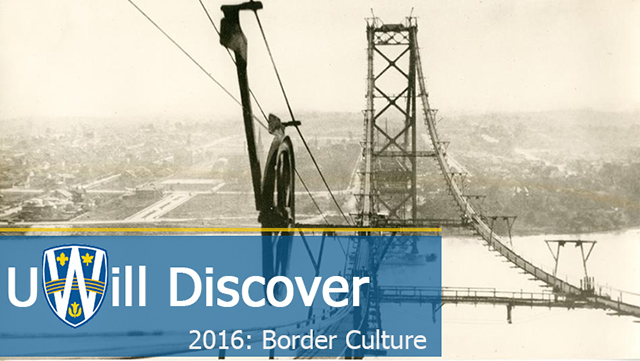
The role of Windsor youth in Tikkun: An action project for social change
Type of Proposal
Oral presentation
Streaming Media
Faculty Sponsor
Dr. Maria Frances Cachon, Department of Sociology, Anthropology and Criminology, and Dr. Yvette Daniel, Faculty of Education
Proposal
In this presentation, we report on findings from a participatory action research project that we have been involved in as youth researchers entitled “Pedagogies of Repair and Reconciliation: The Embodied Praxis of Youth Civic Engagement” (short title: The Tikkun Project). The Tikkun Project explores and promotes youth-led civic engagement and is currently being conducted in five sites across three countries—Canada, Kosovo, and South Africa. As youth researchers representing the Windsor site, we report findings from our interviews with civically-engaged young people living in Windsor. We explore how they learn about issues of public concern, and take leadership roles for addressing perceived injustices in their communities. We also outline barriers to civic engagement, including the personal and collective consequences of this work. The findings of this research outline pathways and barriers to youth leadership in Windsor. Emerging from these findings, we end with a discussion of our anticipated ‘action projects’, which we hope will address some of the local concerns youth have expressed throughout the research process.
Start Date
29-3-2016 2:30 PM
End Date
29-3-2016 3:50 PM
Lancer's Lair
1
The role of Windsor youth in Tikkun: An action project for social change
In this presentation, we report on findings from a participatory action research project that we have been involved in as youth researchers entitled “Pedagogies of Repair and Reconciliation: The Embodied Praxis of Youth Civic Engagement” (short title: The Tikkun Project). The Tikkun Project explores and promotes youth-led civic engagement and is currently being conducted in five sites across three countries—Canada, Kosovo, and South Africa. As youth researchers representing the Windsor site, we report findings from our interviews with civically-engaged young people living in Windsor. We explore how they learn about issues of public concern, and take leadership roles for addressing perceived injustices in their communities. We also outline barriers to civic engagement, including the personal and collective consequences of this work. The findings of this research outline pathways and barriers to youth leadership in Windsor. Emerging from these findings, we end with a discussion of our anticipated ‘action projects’, which we hope will address some of the local concerns youth have expressed throughout the research process.
